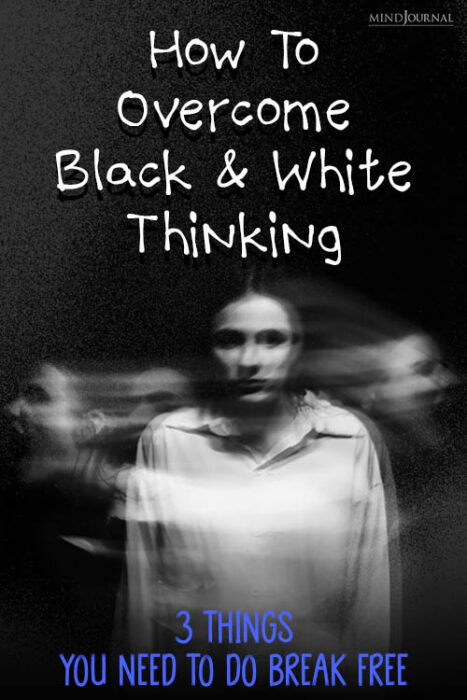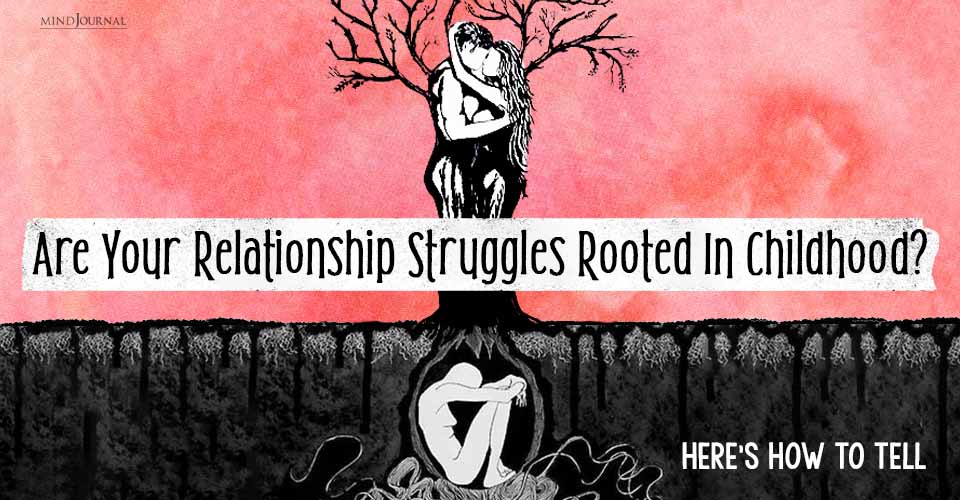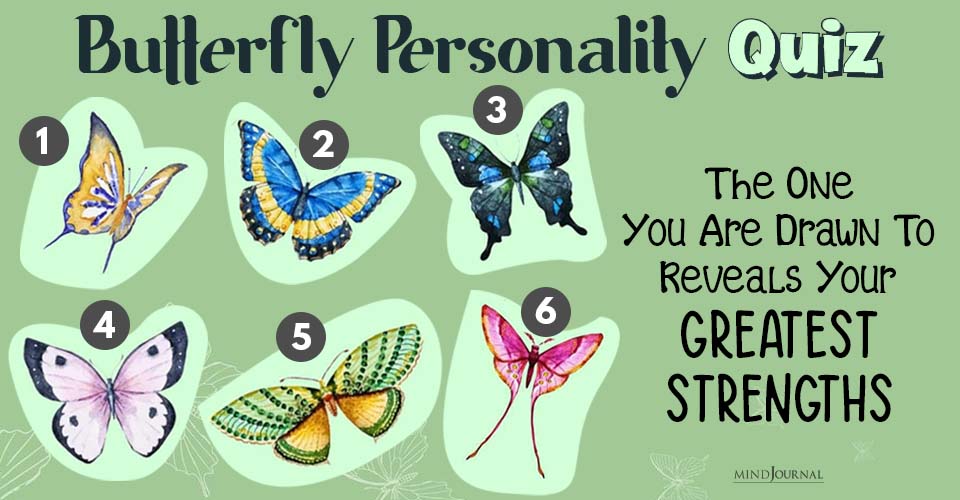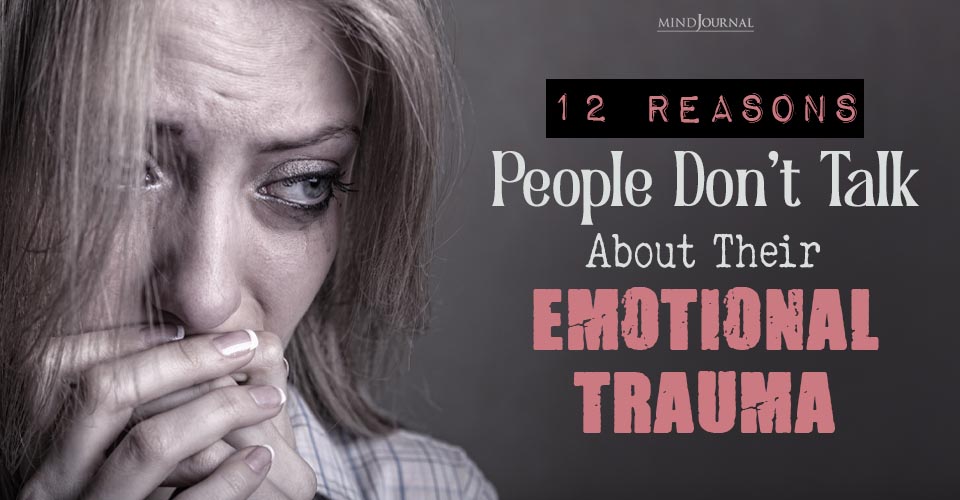One of the many outcomes of childhood trauma is black and white thinking. This is the all or nothing mentality that leaves no room for two things to be true at once.
If your home life was chaotic and traumatic, black and white thinking may have given you a sense of control. It allowed you to organize things into distinct categories of good and bad or right and wrong with no room for overlap.
That’s why you found yourself holding someone on a pedestal when you met them. Then downgrading them to evil when they let you down or made a mistake.
Your immature inner child would not let you label them a good person who did a bad thing. It had to be all or nothing. This is how complex-PTSD has robbed you of healthy relationships.
You have probably also turned this critical lens on yourself. You think of yourself as all bad because of what happened to you. If you were good, your parents would have treated you better.
And you blame yourself for the outcome of your abuse, such as the broken relationships mentioned above. This further confirms your badness instead of giving evidence of past trauma, or of a flawed person who is generally good.
Related: Dichotomous Thinking: How Black and White Thinking Can Affect Your Health
Survival brain keeps you safe
A brain in survival mode resorts to black and white thinking to keep you safe. It needs clear answers and cannot tolerate ambiguity because that feels dangerous.
When you let your guard down as a child, you may have got hit or yelled at or otherwise abused. Knowing what’s going to happen at all times feels essential to your brain when it’s protecting your very life.
So, allowing for shades of gray feels too risky. It feels like putting yourself in line for more abuse. The anxiety of not knowing and not having clear answers feels intolerable.
Black and white thinking can also lead to extremes such as believing a relationship is over due to a single conflict. It can make you think you’re going to get fired because you made one mistake at work.
It’s hard to explore a new relationship when any little mistake (including yours) puts someone in the bad books. It’s hard to be vulnerable when you believe imperfection makes you totally unworthy of love.
How to overcome black and white thinking
1. Self compassion
When we condemn ourselves for making a mistake, this is self-cruelty. Self compassion, on the other hand, helps you comfort rather than criticize yourself for your perceived failures.
Kristin Neff, who coined the term, says self compassion consists of self-kindness, common humanity, and mindfulness.
That means being nice to yourself instead of mean, and accepting that everyone makes mistakes. In other words, knowing you are not alone in having imperfections.
Mindfulness means accepting all your thoughts and feelings without judgment. Rather than shaming yourself for feeling a certain way, you embrace that part of yourself. And you observe rather than identify with it.

2. Pay attention to internal voice
When you self-criticize, do you say “I always ruin everything,” or “I’ll never get what I want”? These all or nothing statements are rarely true.
When you see or hear them running through your mind – or say them aloud – ask yourself if it’s really true. More importantly, how does such extreme language serve you?
See if you can begin to look at things more realistically and add nuance to your language. This opens up the possibility for something new to arise and challenges old patterns of behavior.
Related: What Is All Or Nothing Thinking? How To Break Free From A Rigid Mindset
3. Heal your inner child
If you grew up with childhood trauma, your inner child may be trying to protect you through black and white thinking. It’s a coping mechanism that developed as a result of you not getting what you needed from your caregivers.
When you have to care for your own needs from a young age, you are deprived of the playfulness and curiosity others enjoyed. This is why complex PTSD survivors struggle to know how to have fun and may not have hobbies they enjoy.
If you can reassure the inner child that you’re in the driver’s seat now, she will feel less vigilant. You may give her another job to do that’s more fun, or let her relax while you take care of business.
If you need help healing your inner child, click here to learn more about trauma-informed coaching with me.
Discover your role in the dysfunctional family. Take the quiz here.
Written By Laura K. Connell
Originally Appeared On Laura K. Connell














Leave a Reply
You must be logged in to post a comment.